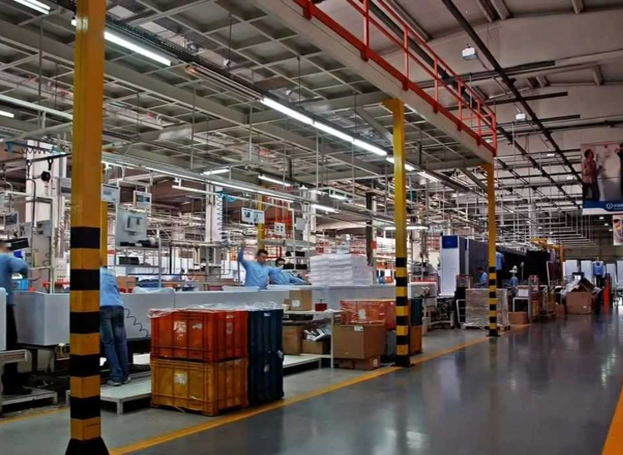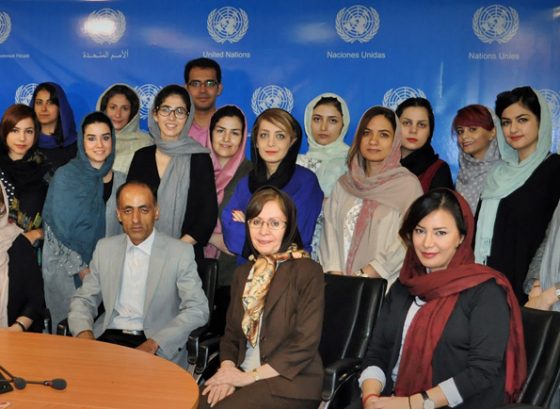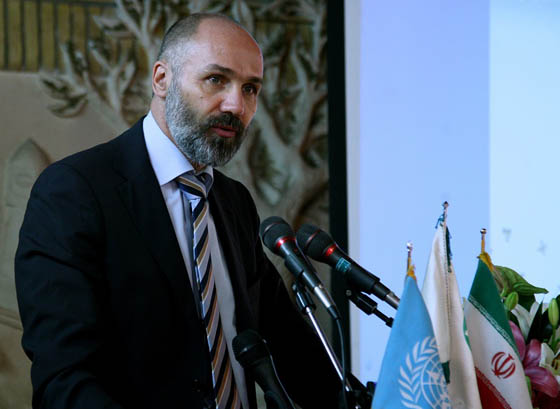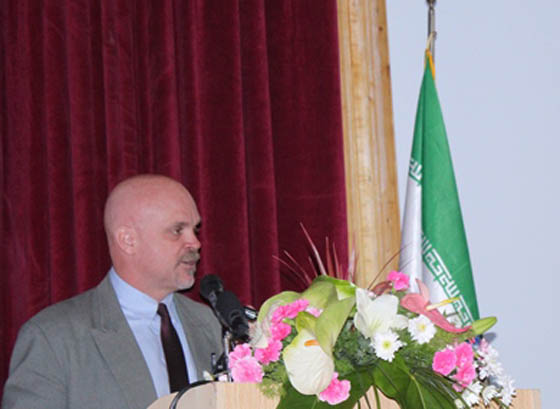UNDP Iran: Ozone project success story

After the discovery of the Antarctic Ozone Hole and the realization of the challenges associated with the depletion of the ozone layer in the 1970s, countries gathered in Vienna in 1985 to establish appropriate policies and guidelines for developed countries to fight and further prevent its depletion. After the concerning reports from the scientific community on the depletion of the ozone layer, the Montreal Protocol was endorsed by 46 countries worldwide in 1987, AVA Diplomatic reports.
In 1994, after joining the Vienna convention and Montreal Protocol, Iran established an office for the protection of ozone layer in order to enforce the policies set by the protocol in partnership with the Department of Environment and UNDP.
The Islamic Republic of Iran is considered one of the leading member states in projects using ozone compatible material and engaging and training stakeholders consistent with the Montreal Protocol. Iran has met and enforced all Montreal Protocol resolutions according to the timeline and was granted certificate of appreciation in this regard.
During the 23 years that this project has been active in line with the Montreal Protocol it has helped restore the ozone layer in many instances which some are mentioned here.
- Elimination of approximately 1770 tons of ozone depleting substances – these numbers were achieved by transferring technologies that are non-harmful to the ozone layer to factories producing various sponge types, while providing non-harmful chemical raw material to producers of refrigerators and air conditioners in partnership with the executive agencies in the National Ozone Layer Protection Plan.
- Establishment of the Halon Banking and Recycling in cooperation with the Mashhad Waste Management Organization and the UNDP.
- Preparation and publication of the book “Solutions to reduce leakage and emissions of HCFCs in supermarket cooling systems”.
- Establishment of licensing system for the import and export of ozone depleting substances and its products based on article 4 of the protocol and the amendment through Transboundary Customs Office of Iran.
- In the framework of IPIC – Establishment of an information exchange system for the import and export of ozone-depleting substances under the regional and international partnerships of UN Environment.
- Organization of more than 50 workshops around the country for repairmen of refrigerator and automobile air-conditioning systems, engineers at automobile factories, customs officials, etc.
- Organization and production of awareness raising and educational packages for children and adolescents.




